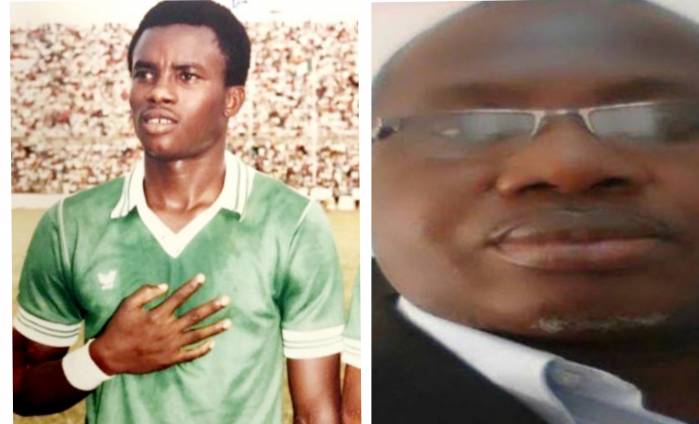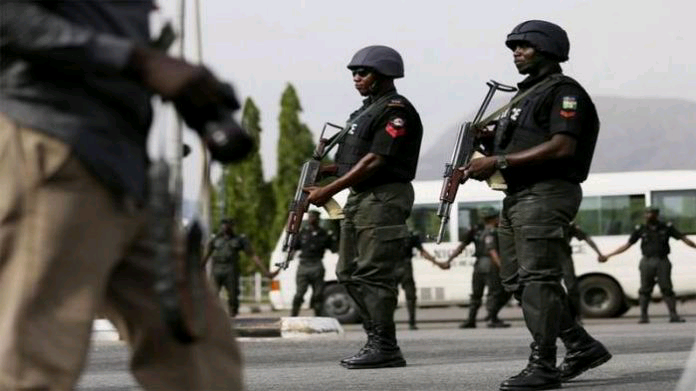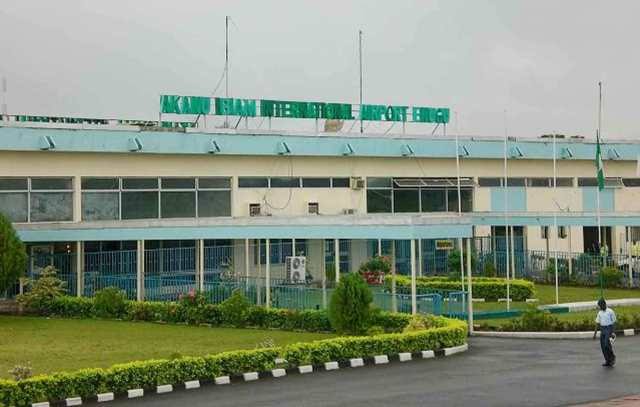Paul Okoku and the Green Eagles were in for a possible black out from the the Cote D’Ivoire ’84 African Nations Cup. Rabat offered an opportunity to make or mar, against Red Atlas Lions of Morocco.
The first leg in Nigeria had ended goalless. Coach Festus Onigbinde received torrents of strictures and many fans had given up on the Eagles, 1980 African Nations Cup champions.
In Rabat, Nigeria fought like wounded Lions. Morocco tried to soar like Eagles, they were caged right at home and the visitors flew back to Lagos with the required ticket.
Okoku bares it all: “It was August of 1983. No one in Nigeria gave us a chance, we were written off completely. Despite our chances of winning being highly unlikely, we defeated Morocco against all odds, 5-4, on penalties. Peter Rufai was our saviour in that match.”
Beating Morocco at home guaranteed Okoku, a Flying Eagle, a shirt in the senior national team with some of his buddies who were also preparing for the ECOWAS Cup.
“During our pregame meal in the hotel’s dining room, ace radio commentator, Ernest Okonkwo called us ( myself, Chibuzo Ehilegbu and late Yisa Sofoluwe), the ‘Udemezue Boys’. After the game, he called us, ‘the big three’ and while coach Onigbinde was hugging us, he simultaneously called us, ‘ my golden boys’.
“In case you wonder why the encomiums, we were called up to join the team from Flying Eagles while we were camped together at the Bembo Games Village, Ibadan, preparing for the WAFU Cup tournament titled President Shehu Shagari Cup,” Okoku disclosed from his United States base.
The trio of Okoku, Ehilegbu and Sofoluwe put up a five -star performance.
“The three of us played the full 90 minutes and 15 minutes extra time. Thus, we became members of a very small number of elite players who featured for both the Green Eagles and Flying Eagles teams simultaneously. Two months later, we won the WAFU Cup against Ghana at the National Stadium, Lagos”, he said.
During Okoku’s time, Ghana Black Stars posed no threat. The Eagles cut them to size.
“We defeated Ghana at the 1984 African Nations Cup. As you know, Ghana is Nigeria’s nightmare and unarguably the toughest opponent when it comes to football. In all three matches we played against the Black Stars under an indigenous coach, Chief Onigbinde, we defeated them twice and tied once.
“In the Los Angeles ’84 qualifiers, it ended goalless in Kaduna, early October 1983. Two weeks later, we defeated them 2-1 in Accra and of course, Ghana suffered another defeat in our hands, 2-1, during Afcon ’84 in Bouake, Cote D’Ivoire.”
After dumping Ghana 2-1 in Bouake, the Eagles were not prepared for what they saw against debutants Malawi.
In seven minutes, Malawi went ahead through a penalty converted by Harry Waya. The tally rose in the 35th minute through Clifton Msiya. That was when Nigeria woke up. Clement Temile responded with a goal in the 39th. Two minutes later, he got a brace. Scores stood at 2-2 at the end.
Okoku explained that: “One of the greatest tests for us, was going down 0-2 against Malawi. On paper, they were not a formidable team but they proved us wrong as they were energetic. They made huge plays when it mattered most and took advantage of our slow start.
“We then confronted the reality of a possible -and embarrassing- defeat in the hands of a fairly low- rated team. That led to a fast recovery as we developed sustained attacks, their defensive backs were unable to stop us.”
The draw with Malawi was not a wonderful mark. Nigeria was condemned to earn at least an even result with Algeria or go back home. The outcome was 0-0.
Okoku said: “We found ourselves in a tough spot. The controversy over that particular match is still hovering over us as rumours had it that it was an arranged game between us and Algeria which meant that Ghana did not advance to the next round.”
The Eagles stopped Pharaohs of Egypt in the semis but lost to the Indomitable Lions of Roger Mila, Thomas Nkono, Theophile Abega and Joseph Antoine Bell in the grand finale.
Okoku was Vice captain of the Ali Jeje led Flying Eagles that made History as the first Nigerian team to take part in a FIFA tournament, the Under 20 World Youth Championships, Mexico ’83.
The Flying Eagles, handled by Chris ‘ Ajilo’ Udemezue, beat USSR 1-0, slumped 3-0 to Brazil and got a scoreless draw against Holland. That meant they could not go beyond the group stage.
Some opposing players like Dunga, Bebeto, Marco van Basten and Oleg Protasov, later made it to the World Cup. The lone Flying Eagle who got to that level, Wilfred Agbonavbare, sat on the bench as reserve goalie.
” Most of us would have played professionally in Europe if we had the same opportunities the current generation has. Albeit, we have no regrets whatsoever because we put a premium on education and used football as a means to an end. We never gave up our academic dreams”, Okoku added.
He named his set the ‘Academic Eagles’. Many of them bagged university qualifications, some up to PhD in the United States.
Deinde Akinlotan was at Brooklyn College. Femi Olukanmi is a graduate of San Jose University. Late Chris Anigala bagged honours at University of New Haven. Okoku studied Business/Finance at Alabama University. Tajudeen Disu, Amechi Oti and Ehilegbu also did well.
Okoku was on his way to Wolves, England to play professional soccer but was abducted at the Murtala Mohammed Airport by government officials. His passport was confiscated because ‘ Nigeria needed him’. That was the end of that dream.
READ ALSO: Confusion As Lagos-Bound Passenger Dies At Abuja Airport
Okoku began from the grassroots. An Ndokwa boy, raised in Lagos around the Olaleye area, he won Gothia Cup, 1980 in Sweden with players like Patrick Udoh, Loveday Omoruyi, Taju Disu, Simeon ‘ Bremner’ Allada, Segun and Femi Olukanmi.
He attended St. Paul’s Catholic Primary School, Ebute Metta alongside Stephen Keshi. Both were also at St. Finbarr’s College, Akoka. Ekoku played for NICON, Johnson Whyte, National Bank and Leventis United, respectively.
His younger brother, Friday captained St
Finbarr’s but was unable to to move up due to injury. Another brother, Godwin played for St. Peter’s College, Abeokuta, the school that produced Victor Oduah and George Hassan.
Okoku is also a giver as Founder and CEO, Greater Tomorrow Children’s Fund.
“Well, by the Special grace of God, we are touching the lives of under privileged children, in the USA and in Nigeria. A few years ago, we donated 20,000 text books to 40 schools in Ndokwa,Delta State in collaboration with Hon. Ossai of the National Assembly.
“We sponsored a football tournament in conjunction with a medical drive for IDP children in Abuja, Jos and other areas. We are humbled to be partners with giant companies in the US such as Amazon, Walmart (Good 360), Google (Network for Good), Toys R US and Techsoup.
“Our most recent event took place in December 2021 in the Southside of Atlanta, Georgia where we gave out toys and bicycles to children, in time for the Christmas celebrations.”










